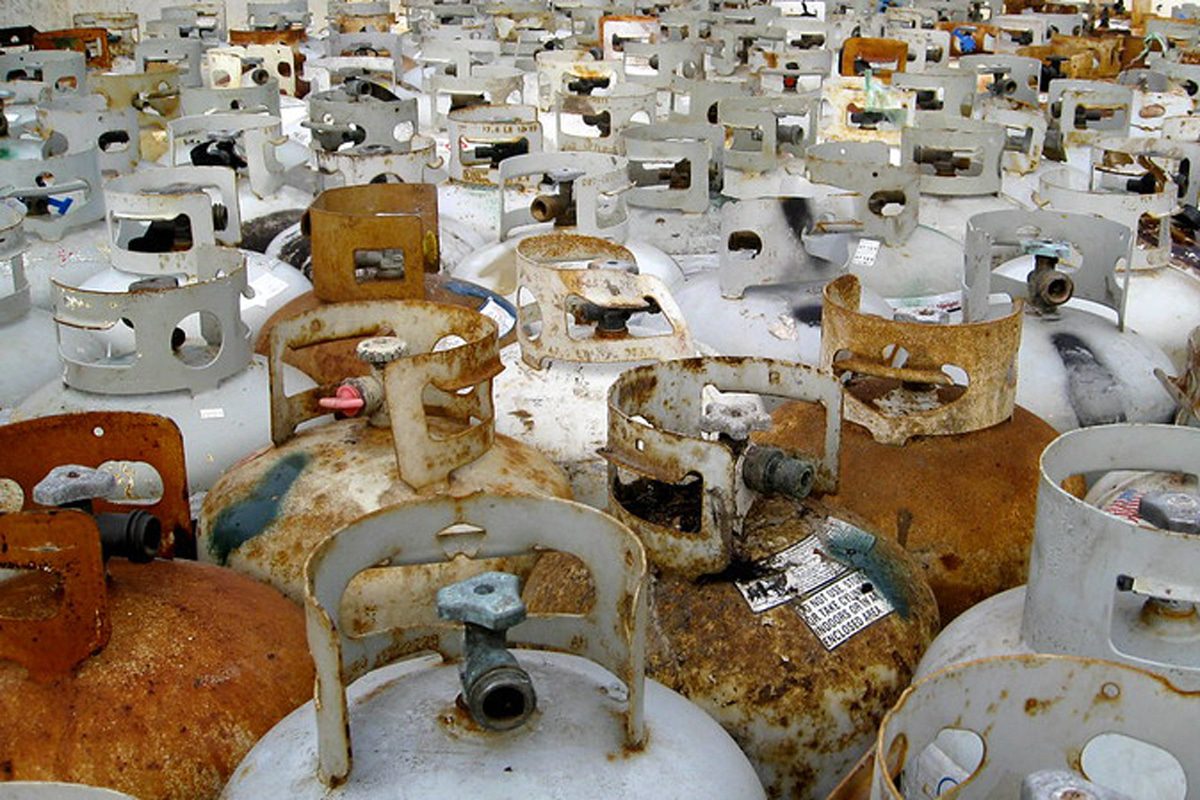Deni Cresto playing for USL League 2 Lone Star Division Leader Corpus Christi FC
Who is Brazilian Soccer Player Deni Cresto? He is a passionate player with a drive to succeed and win on every possible level in sport and in life.
— Deni Cresto
CORPUS CHRISTI, TEXAS, USA, June 9, 2022 /EINPresswire.com/ — Passion. If there is one single word that can describe Brazilian footballer Deni Cresto it would “Passion.” Cresto loves the game, the players and the sport. Ask those who know him and they would describe him as perhaps the most valued asset to a team. Deni Cresto is not only an amazing talent, but an amazing person both on and off the pitch.He comes from the west coast of Brazil. His love for the game began early learning the ropes playing Futsal, a game similar to soccer except played indoors. From there he grew into turf and eventually earned a spot playing in Europe. That passion and love for the game ended him up playing in the United States at St. Mary’s University in San Antonio, Texas under Head Coach Johnny Clifford. Deni now plays in the USL League 2 for Corpus Christi FC. Because of his leadership and athleticism he has been named team Captain. Deni Cresto is worlds apart from average–Deni is exceptional.
His hard work both on and off the pitch shows. Cresto, 27, takes his leadership role seriously.
“I care for these players,” he says. “I care for them not only as players but as people.”
Ask around his teammates for Corpus Christi FC and you quickly learn that he is the heart and soul of what keeps this machine operating as one unit and has led them to a first place spot in the USL League 2 Lone Star Division just half way through the 2022 season. Cresto is a true man amongst men.
“I have two ‘Plan A’ ideas,” he says. “I want to ultimately get a professional contract and perhaps play in the Canadian Premier League or something. If I cannot do that then I want to go into coaching.”
Deni Cresto remains diversified and ready to jump at the opportunity to lead either on or off the field. He well understands that being 27 years-old this could be one of his last chances to make a run for the fully-professional leagues. The USL League 2 and playing here for Corpus Christi FC gives him the opportunity to possibly achieve just that.
The hours of hard work and dedication are tough. Deni doesn’t shy away from it in the least. On the pitch you not only see him exhibit his athletic ability, but his leadership, as well. Fighting physically and emotionally until the last whistle blows is what he does. Never giving up and certainly never letting those around cave to the pressures of a hard fought match.
Watching Deni is a pleasure. Mature, agile, thoughtful, and very deliberate in everything that he does shows. He looks after his teammates as a sort of father figure and ensures that their needs are met on and off the pitch. An encouraging word or pat on the back, a quiet inspiring thought or a motivational glance of encouragement is one thing Cresto is always good for. A role model in every sort of way imaginable.
The passion and love for the game and his teammates shows in that fire deep within his eyes. It breathes in each and every breath. Deni Cresto is more than a talent–he is an exceptional talent that is the perfect asset to any organization.
“I work hard,” he says. “I want to win and I want us to win as a team.”
Saint Mary’s Rattlers Head Coach Johnny Clifford helped teach him that.
“He is a mentor,” Deni says. “I loved playing for him and we are both very alike and heading in the same direction.”
Cresto believes that relationship with Johnny Clifford has helped mold him into the truly well-rounded athlete that he is today.
When Deni Cresto says that he wants to win you had better well believe it. But he wants to win the right way.
There isn’t any doubt that Deni Cresto is on the path towards great things–in professional soccer and in life itself. How do you define the word “passionate” in a man? Deni Cresto. Simple as that.
<
p class=”contact c9″ dir=”auto”>Matt Pierce
Corpus Christi FC
+1 361-696-5762
email us here
Visit us on social media:
Facebook
Twitter














